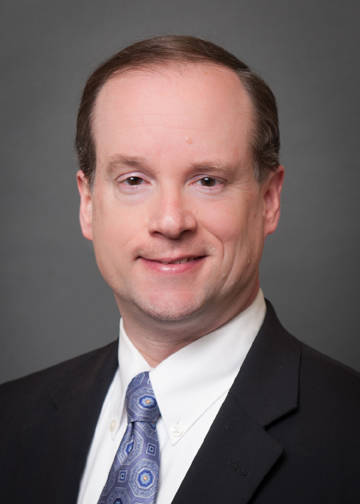Isn’t “modern conservatism” a contradiction in terms? That’s one of the questions I received after teaching a seminar at Duke University’s Sanford School of Public Policy entitled “Modern Conservatism and Policy.”
No, modern conservatism is a real thing. It has deep roots in human experience and intellectual history, to be sure. But the modern conservative movement, both here in North Carolina and across the country, is quite a different animal from what would have been called conservatism a century ago. (It’s also quite different from one might call the “postmodern quasi-conservatism” currently being displayed by certain interest groups, media outlets, and politicians.)
Like all intellectual and political movements, modern conservatism is an alliance of people who have enough in common to justify working together as well as enough not in common to produce ongoing tensions, passionate debates, and the occasional public rupture.
There is no one group of people — not anywhere, at any point in time — who are both a consistent majority of the population and in consistent agreement on every major issue. That’s why all parties and movements are, inevitably, coalitions. Conservatism has its stresses and strains. But so do progressive and populist movements, as has been evident among Democrats since the 2016 presidential primaries.
Who populates the modern conservative movement? There are three main groups: traditionalists, libertarians, and pragmatists. The traditionalist camp, sometimes called social conservatives or the Religious Right, believes there are certain principles, practices, and institutions that maximize human flourishing. These are either the creations of God or have proven their value over the course of human history.
Big government injures and supplants these traditional institutions of family, faith, and community, say these conservatives, who argue that while all individuals enjoy moral worth and dignity, they are part of broader communities they didn’t choose, from which they receive benefits, and to which they have obligations. Governments exist because humans are easily tempted by vice, these conservatives contend. They prioritize moral issues such as abortion, marriage, and substance abuse.
The next group, the libertarians, can also be called economic conservatives. Originally, they were called (and called themselves) liberals, because their core political value was liberty. To protect individual rights to life, liberty, and property, they argue for a limited government that would deter force and fraud and ensure the provision of certain services that could not effectively be produced within private markets. These conservatives prioritize lower taxes, lighter regulations, and more choice and competition in public services.
Libertarians emphasize that societies are complex interactions among individuals, families, associations, and institutions. No one does or can possess the information necessary to design or manage societies. Attempts to do so will produce unforeseen and adverse consequences.
The other constituents of the movement, pragmatists, are often labeled neoconservatives — although not to the same intended effect. Some leftists use the term as a charge of extremism, perhaps because it shares a prefix with “neo-Nazi.” Conservatives use it, more accurately, to describe an initial wave of thinkers and politicians who began as progressives or socialists, got “mugged by reality” as prominent neoconservative Irving Kristol once put it, and changed their views.
Many but not all neoconservatives were foreign-policy hawks, first during the Cold War and then after 9/11. Others emphasized social policy. They criticized the 1960s War on Poverty, for example, for discouraging work and family formation, and for unnecessarily muscling aside local, private, and faith-based approaches to addressing social ills and promoting economic opportunity.
Despite important differences in abstract principles and practical priorities, traditionalists, libertarians, and pragmatists work together within modern conservatism in part because they often share the same political adversaries. There is something else binding these discrete groups together, however: a strong belief that human nature is a significant and persistent constraint on human action.
Want a modern, if perhaps unintended, statement of this core conservative tenet? “You can’t always get what you want,” wrote Mick Jagger and Keith Richards. “But if you try sometimes, you just might find you get what you need.”
John Hood (@JohnHoodNC) is chairman of the John Locke Foundation and appears on “NC SPIN,” broadcast statewide Fridays at 7:30p and Sundays at 12:30p on UNC-TV.


